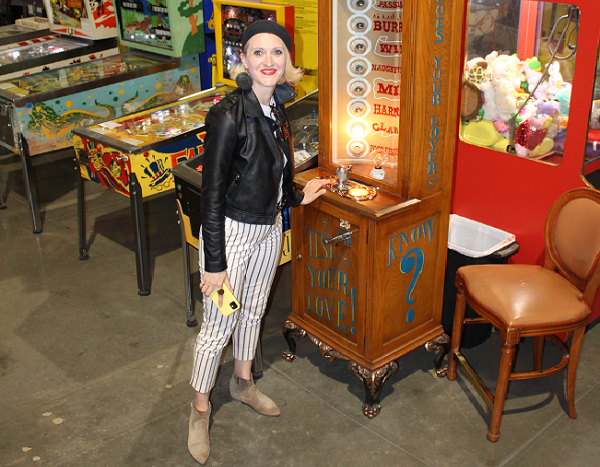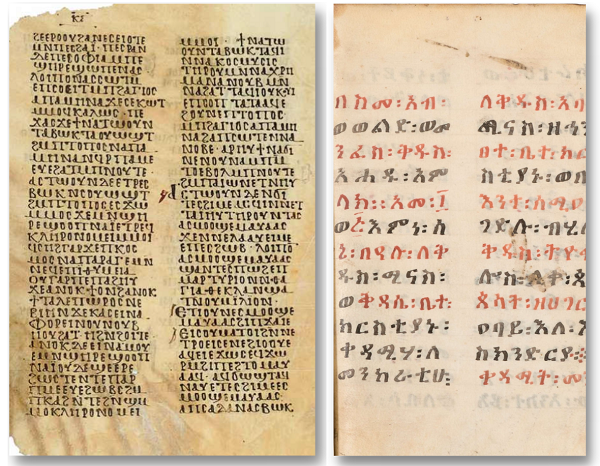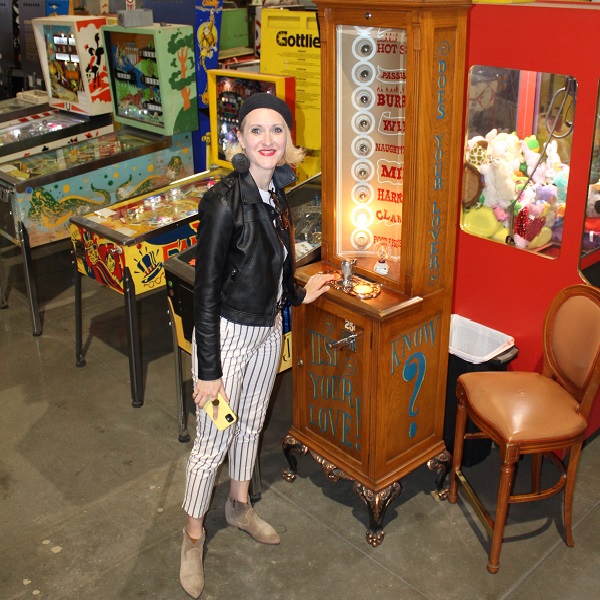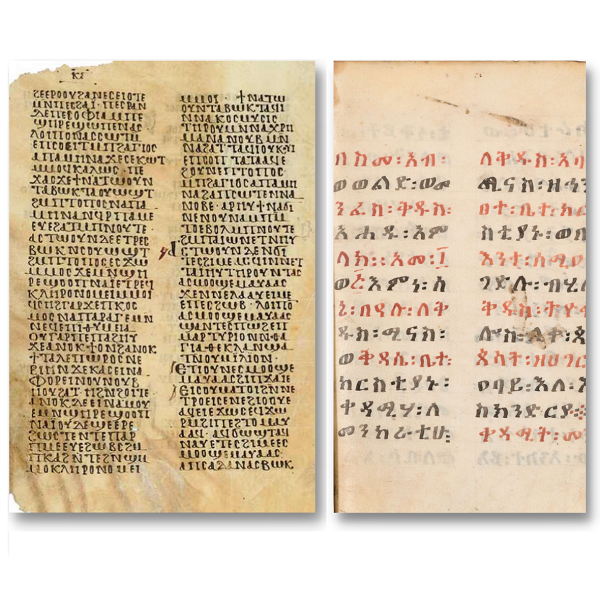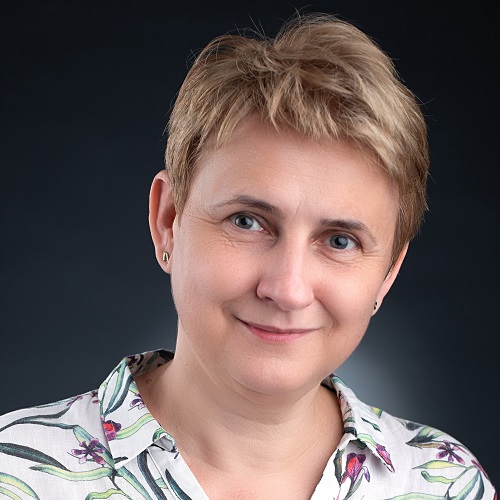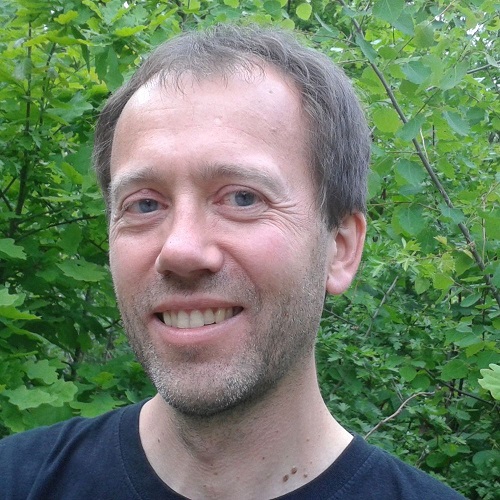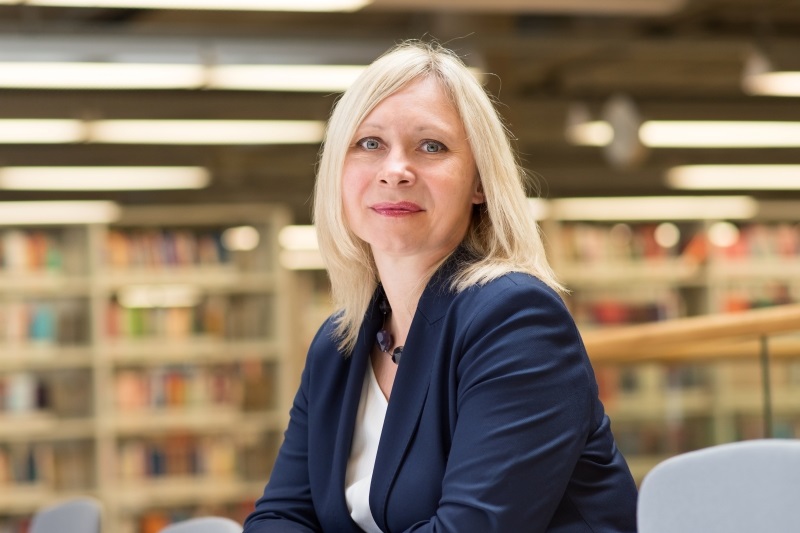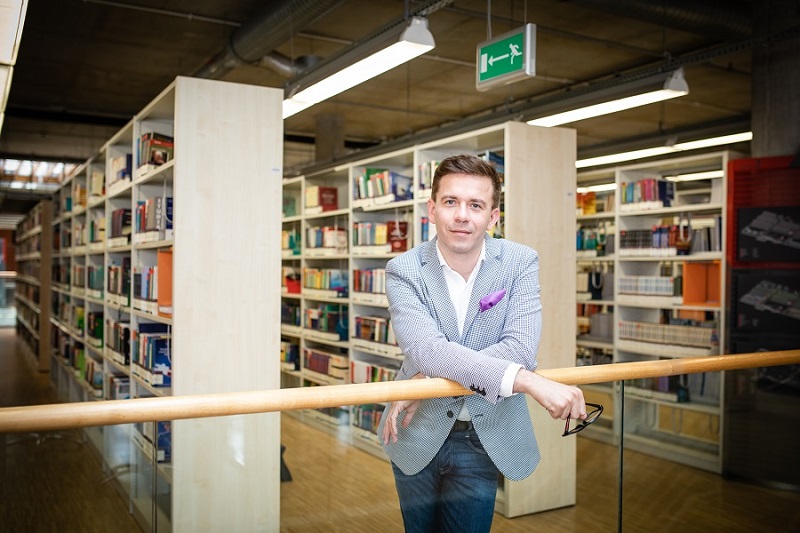FIND A RESEARCH TEAM
|
We believe in the power of critical and creative thinking
The mission of the Faculty of Humanities is to conduct research in accordance with the highest international standards. The scope of our research is defined by six disciplines: literary studies, linguistics, history, philosophy, culture studies, and arts studies. The basic assumptions of our research are informed by interdisciplinarity, abolishing caesuras and blurring boundaries between disciplines. The same assumptions underlie instruction within the Faculty of Humanities. We use cutting-edge teaching methods and place emphasis on shaping our students’ critical reflection on social and political changes that are taking place in the contemporary world.
| PHILOSOPHY · CULTURE AND RELIGION STUDIES · LITERARY STUDIES · LINGUISTICS · HISTORY · ARTS STUDIES |
Faculty of Humanities
of the University of Silesia in Katowice
invites humanists from all over the world
to partner with us
contact: wh@us.edu.pl
About us
6 institutes
over 170 patents in the last 10 years
more than 100 laboratories
| FIND A LABORATORY
Research, Educational and Artistic Infrastructure Office
|
 |
WELCOME POINT FOR EMPLOYEES FROM ABROAD
|
Faculty of Humanities
of the University of Silesia in Katowice
invites humanists from all over the world
to partner with us
About us
6 institutes
over 170 patents in the last 10 years
more than 100 laboratories
FIND A RESEARCH TEAM
|
| FIND A LABORATORY
Research, Educational and Artistic Infrastructure Office
|
 |
WELCOME POINT FOR EMPLOYEES FROM ABROAD
|
Our Research
Pioneering Research
Our researchers conduct pioneering research in topics such as Technologies of Love or Across centuries, languages, and cultures: The Miracles of Saint Menas as a historical source, literary composition and liturgical text
photo by Ania Malinowska
photo by Przemysław Piwowarczyk
ACROSS CENTURIES, LANGUAGES, AND CULTURES…
Przemysław Piwowarczyk, PhD
e-mail: przemyslaw.piwowarczyk@us.edu.pl
Ania Malinowska, PhD, Assoc. Prof. | Love Tester Machines
e-mail: anna.malinowska@us.edu.pl
Love Tester Machines is a research task in media archeology and a part of Ania Malinowska’s research project “Technologies of Love” (OPUS, NCN). It focuses on tracking the prototypes of match making mechanisms and automata called Love Tester Machines popular in Europe and the USA in19th and 20th centuries. The task entailed interviews with the collectors of old arcade games to offer an analysis of the types and models of love testers with regard to their construction, mechanisms as well as to the contemporary taxonomies of emotions. This is perhaps the first study of those machines based on empirical data, technological profiles, and a synchronic reading of emotional cultures of the previous centuries.
Przemysław Piwowarczyk, PhD | Across centuries, languages, and cultures: The Miracles of Saint Menas as a historical source, literary composition and liturgical text
e-mail: przemyslaw.piwowarczyk@us.edu.pl
The Project is a three-year academic enterprise funded by the National Centre of Science. The project team consists of seven scholars working at five universities in three countries. The principal investigator is Przemysław Piwowarczyk from the University of Silesia. The team members investigates the cluster of miracle collections of St Menas, one of the most important and popular late antique Christian saints. The cluster consists of late-ancient and medieval collections of short narratives dedicated to the post-mortem interventions of the Saint. They are preserved in many recensions in several languages of the Christian East. The project aims to edit, translate and analyse texts in Greek, Coptic, Arabic, Ethiopic, Armenian, Old Slavonic, Georgian and Old Nubian.
12 short movies
We invite you to watch twelve short movies with elements of animation in which sixteen scientists talk about research conducted individually or in teams at the Faculty of Humanities of the University of Silesia in Katowice
Popular Science
„No Limits”, a popular science journal at the University of Silesia in Katowice, as well as the „Research” section on the main website and „Gazeta Uniwersytecka UŚ” journal have been developed to popularize researchers and their projects both in Poland and abroad. Here you will find articles that present researchers from the Faculty of Humanities
The Research Excellence Initiative
The Research Excellence Initiatives is the University of Silesia programme dedicated to our staff, students and doctoral students. It opens funding opportunities for scientific research, publications, training and courses, software, trips, internships and purchase of key scientific, teaching and research infrastructure.
This section presents the article of the programme’s beneficiaries representing the Faculty of Humanities.
The Silesian Science Festival KATOWICE
Within just five years, the Silesian Science Festival KATOWICE (ŚFN) has become one of the biggest popular science events in Poland and Europe. Each year during ŚFN, through science communication we want to awaken and strengthen the cognitive curiosity of people of any age; thus, we want our guests to actively participate in shows, experiments, lectures, and talks. The key role is played by scientists from Silesian universities, most of all from the University of Silesia in Katowice.
Katarzyna Węsierska, PhD, DLitt, Associate Professor
The Silesian Science Festival is an exceptional event. It has twice given me the opportunity to show how attitudes towards stuttering can be changed and how a more accepting and inclusive society can be built. In 2020, together with Speech-Language Therapy students, we demonstrated how InterACT – Attitude Change & Tolerance Program was adapted and implemented in Poland. We shared our stuttering knowledge and experience with the festival audience, along with the ways it can be disseminated among young children so that they can support their peers who stutter. The following year, we presented the project Bullying – we will not tolerate! This time we introduced the idea of anti-discrimination webinars for children who stutter and their parents, siblings, friends, and even their teachers.
Krzysztof Wieczorek, PhD, DLitt, Associate Professor
Żyjemy w świecie, w którym, głównie dzięki internetowi, mamy niemal nieograniczony dostęp do ogromnej ilości informacji. Sytuacja ta, oprócz niewątpliwych korzyści, rodzi też jednak poważne problemy. Oprócz wiadomości ważnych i przydatnych dociera do nas w każdej chwili cała masa „informacyjnych śmieci”: fake-newsów, zmanipulowanych faktów, propagandowych przekazów. Aby w takim świecie móc się sprawnie poruszać i podejmować rozsądne decyzje, potrzebujemy ochrony przed tym niechcianym i szkodliwym wpływem – ochrony podobnej do tej, jaką naszym komputerom zapewniają programy antywirusowe. Musimy zainstalować sobie w głowie „mentalnego antywirusa”, czyli nauczyć się myśleć krytycznie. O tym, jak to zrobić, starałem się opowiedzieć w swoim wystąpieniu na „Śląskim Festiwalu Nauki”.
Transform4Europe European university
The University of Silesia in Katowice, together with six universities from abroad, forms a prestigious European University as part of Transform4Europe alliance. The universities have got together to conduct joint scientific research at the highest level and educate young people within international study programmes. They will also create a common multilingual campus in order to take care of the future of their own regions, countries and the entire Europe.






